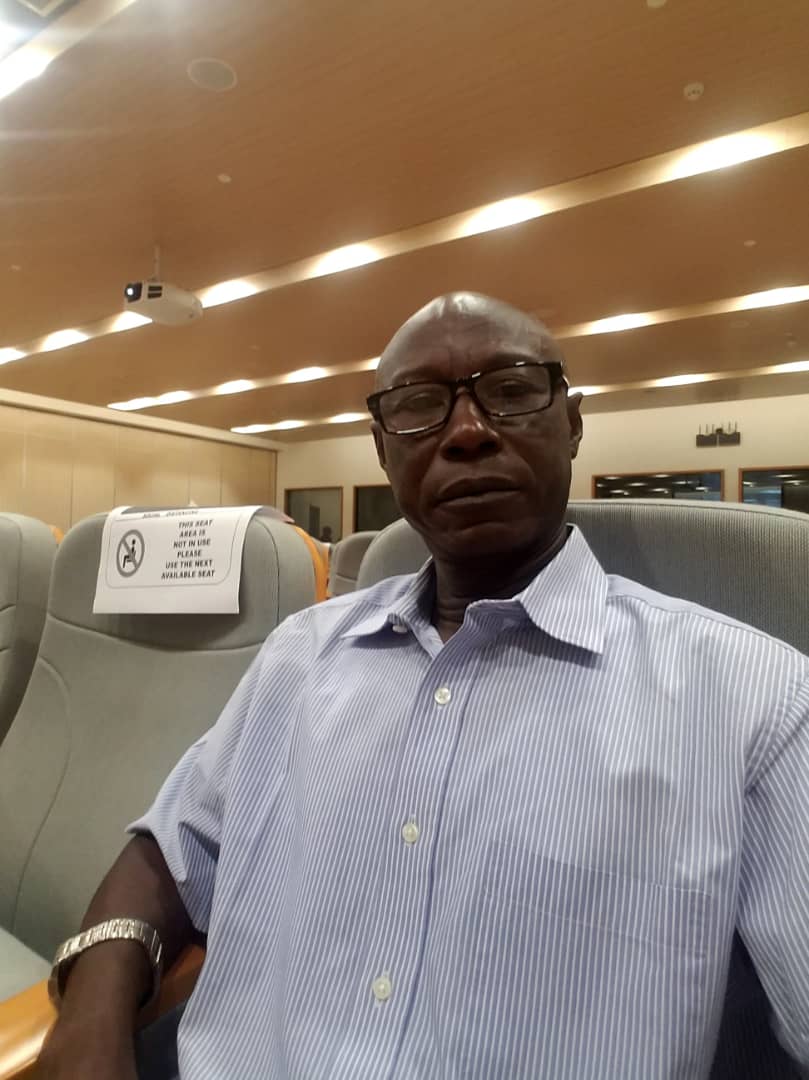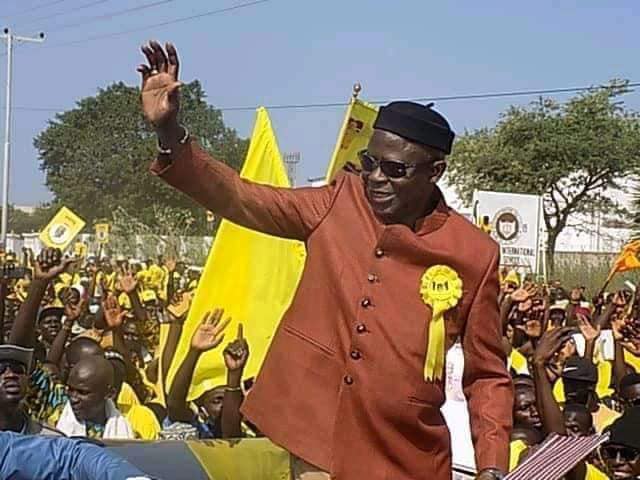People’s Progressive Party (PPP) says History repeats itself in 2020 when it comes to the first Gambian referendum, the republican constitution bill was tabled on 9th November 1965 in the House of Representatives.
“After the bill successfully passed in the House of Representatives “the issue was put to the electorate in the referendum of 27th November 1965, some 61,568 votes out of a total electoral roll of a little over 150,000 supported the motion; 21,921 votes were cast against, while about 60,000 people failed to vote at all.
Mathematically, two-thirds of the total of 93,489 votes cast worked out to 62,326; we fell short of this mark by just 758 votes,” the PPP said in its reaction to the rejection to the constitutional promulgation bill 2020 by the national assembly
A statement made available on Saturday stated that it was perhaps, these statistical details more than anything else that accounted for the hostile reaction with which the referendum results were greeted in many circles within the PPP.
“Many of our supporters saw the results as a disappointment and an irritation, and this explained the angry mood that dominated the emergency meetings held shortly afterwards at the Ritz Cinema Hall in Bathurst and in Faraba Banta, Western Division,” the PPP said in a statement signed by Ebrima Savage, PPP public relation officer (PRO).
According to the statement these meetings were convened to examine the outcome of the referendum and its implications.
“In his capacity as Prime Minister, the Party Leader made it clear when the results were announced that the correct path to follow was to accept them in good faith and not to resort to any extra-constitutional action, in pursuit of our objective.
At the party meeting, he again maintained that, despite all that might have gone wrong, we should accept the results as the popular verdict. But this wise counsel did not receive the instant support of everybody,” the statement said.
The statement pointed out that there were noisy protests from many emotional speakers suggesting a rejection of the referendum results, and much of the storm engendered at both meetings was directed at the Party Leader for what was wrongly perceived as his softness and lack of resolve.
The statement also said in the end, the party leader was able to convince his followers that honour and the spirit of democracy demanded that we not only accepted defeat with equanimity but also that we resolve to work even harder for eventual victory.
“With this, the party took the shock of the defeat in its stride and settled down to hard work as advocated by its leader.” (Voice of the people; age 82-83),” the statement said.





